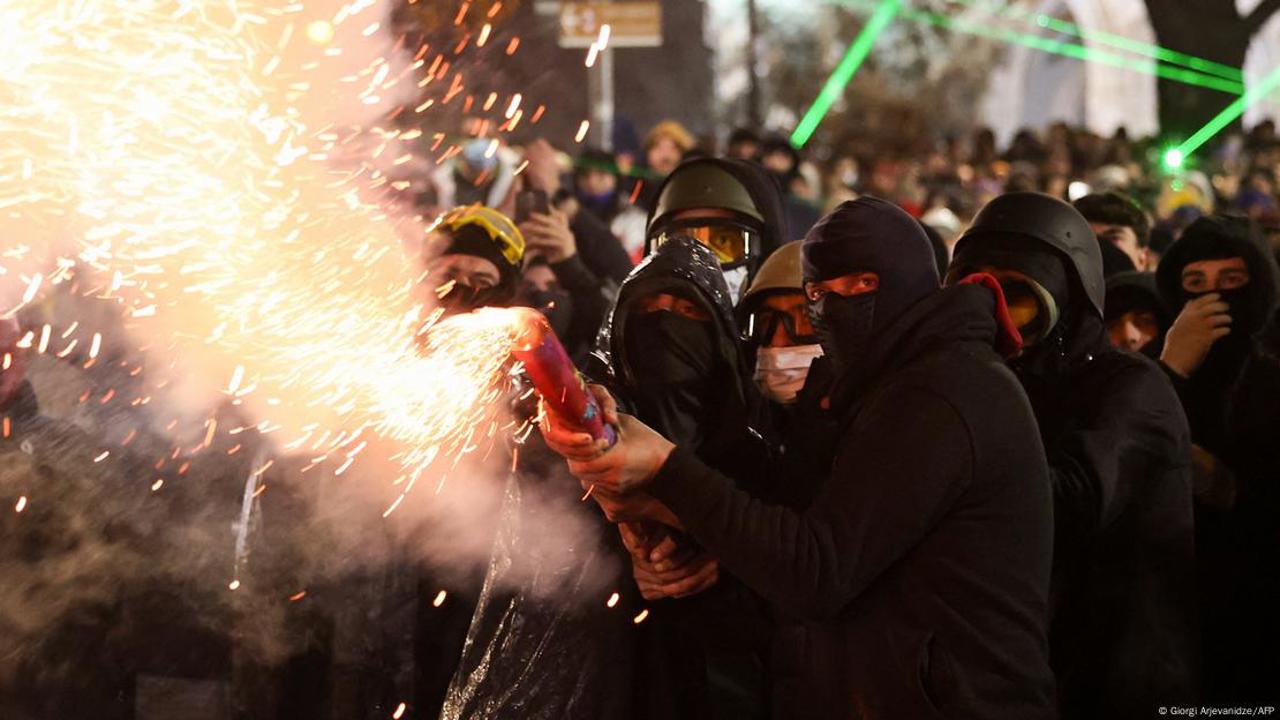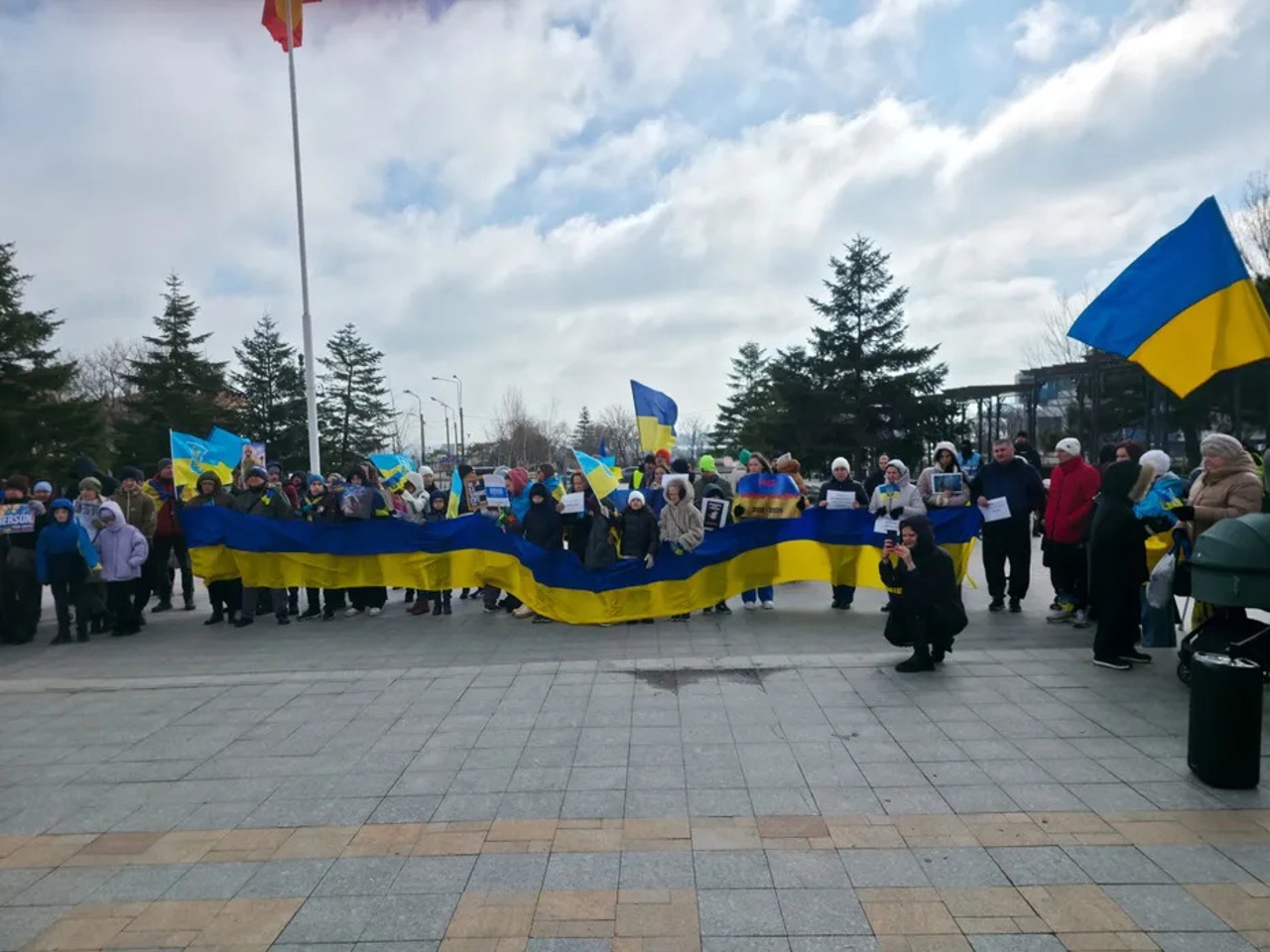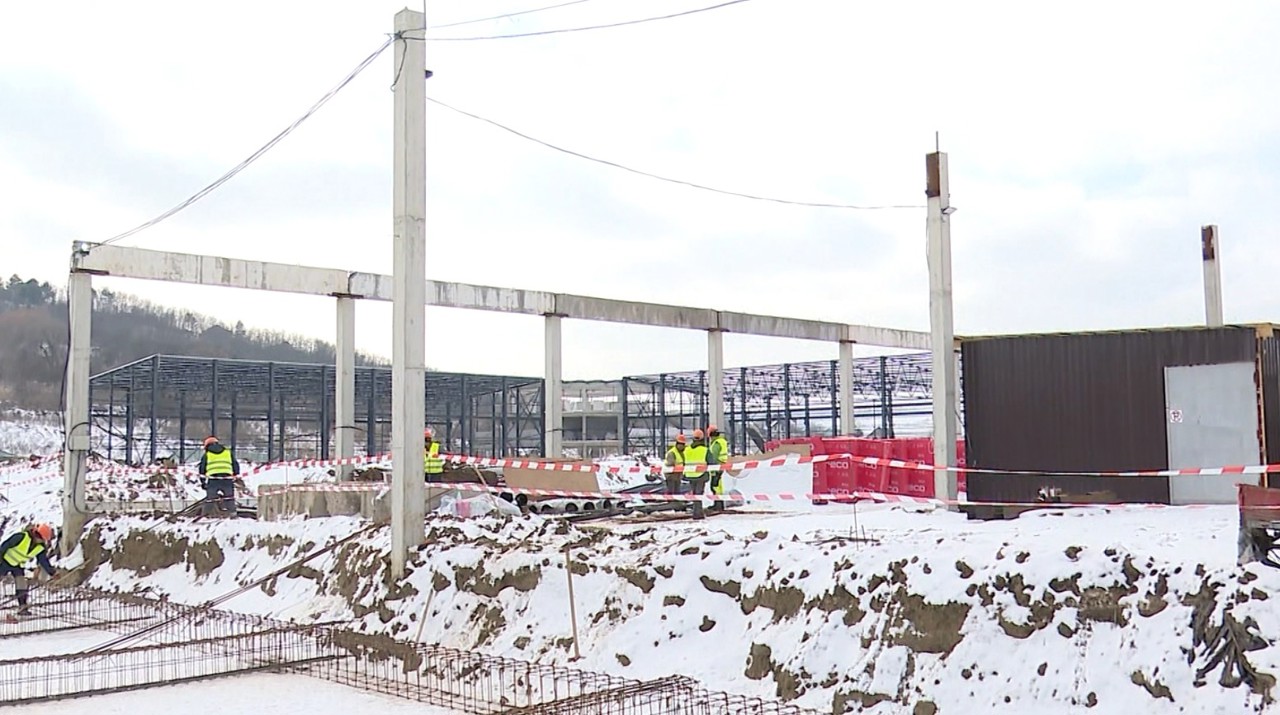Georgia protests enter fifth day amid EU accession tensions
Protests against the Georgian government's decision to suspend EU accession negotiations until 2028 have now entered their fifth consecutive day.

In Tbilisi and other major cities, including Batumi, Kobuleti, and Ozurgeti, tens of thousands have taken to the streets, according to local and international reports.
In Tbilisi, protesters built barricades on Rustaveli Avenue, and severe clashes with security forces were reported outside Parliament, according to DW. The police deployed tear gas, water cannons, and smoke grenades to disperse the crowd. In protest, demonstrators set off fireworks and struck the iron barriers of Parliament. The Georgian Ministry of Internal Affairs defended the intervention, stating that "the rally had crossed the line of a peaceful assembly."
To date, authorities have detained 224 individuals during the first four days of protests. The protests continue to be marked by violent clashes and strict security measures.
Prime Minister Irakli Kobakhidze said on Monday, December 2, that "Georgia's European integration has not been abandoned and will continue with the utmost efforts." However, he ruled out negotiations with the opposition. President Salome Zurabishvili, who joined the protesters on the first day, strongly criticized the government, accusing it of serving Russian interests. "The message is clear: give me back my voice, give me back my European future!" she posted on social media.
#GeorgiaProtests : Across Georgia, people are rising against the Russian puppetry regime. From the capital to the smallest towns, this is a movement unlike anything in our history.
— Salome Zourabichvili (@Zourabichvili_S) December 2, 2024
The message is clear:
Give me my vote back!
Give me my European future back!
The demonstrations began on November 28 after Prime Minister Kobakhidze announced that EU accession negotiations would be suspended until the end of 2028. The decision was met with outrage by Georgian society, which views European integration as a strategic goal for the country.
Although the government is trying to ease the situation, the protests seem far from over, and the future of political stability in Georgia remains uncertain.
Translation by Iurie Tataru





